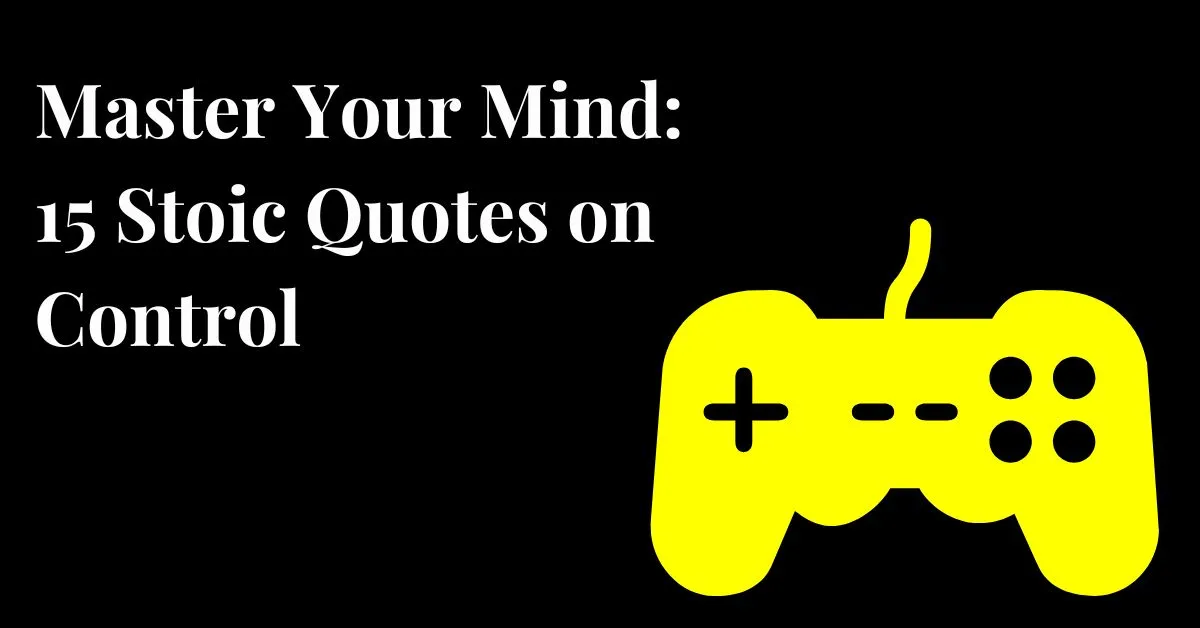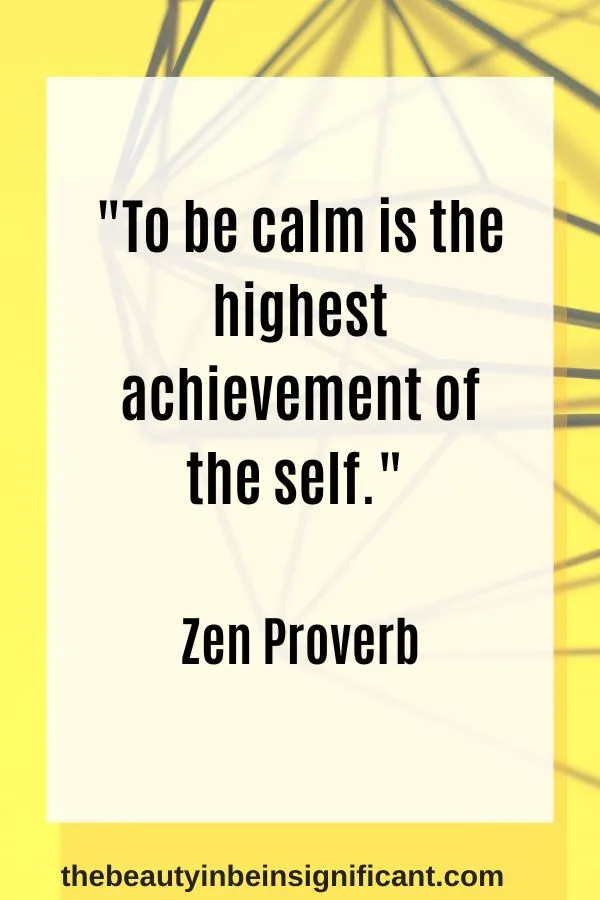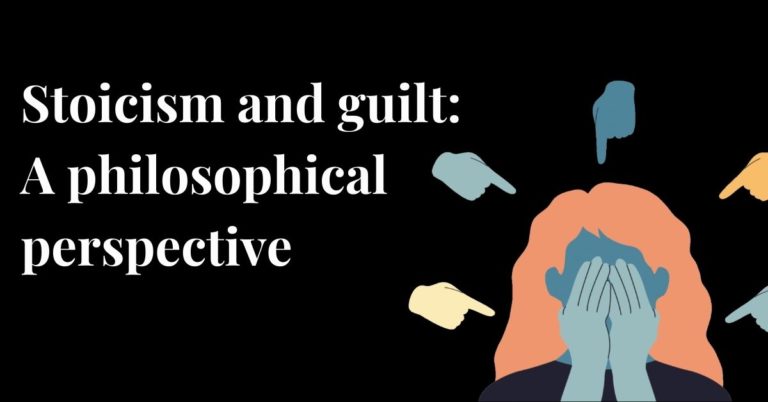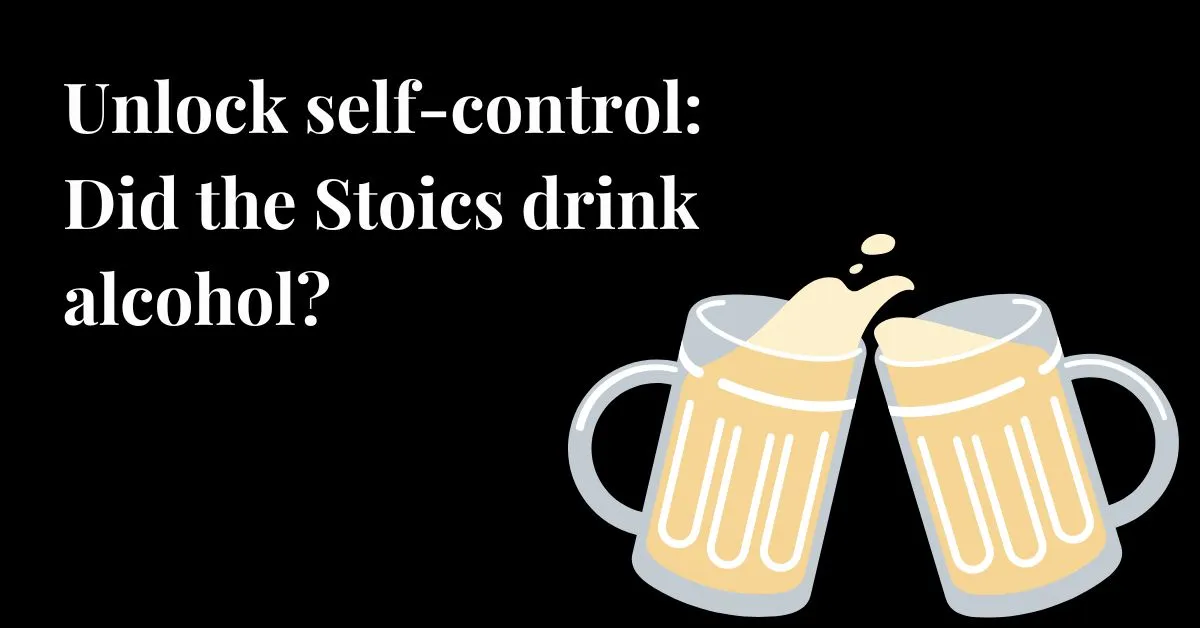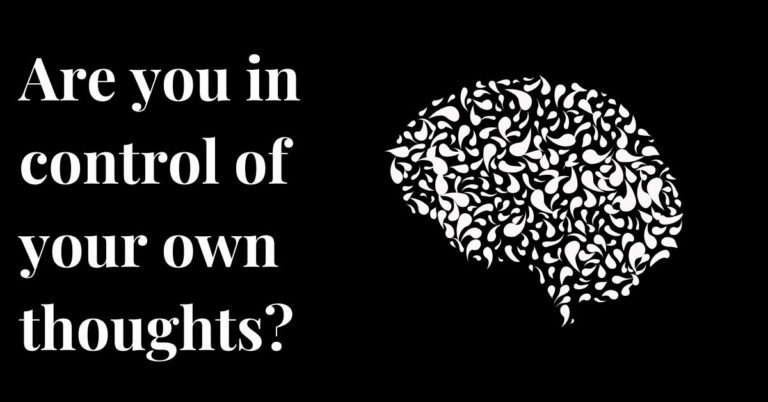Master Your Mind: 15 Stoic Quotes on Control
Struggling to find a sense of control in your life?
Whether it’s dealing with unexpected events or trying to make sense of the chaos around you, it can be challenging to navigate through the uncertainty. Fortunately, the Stoics had much to say about the nature of control, and their teachings can be applied to our modern-day struggles.
In this blog post, we’ll explore some of the most powerful Stoic quotes on control that can help you gain a better understanding of what you can and cannot control, and how to cultivate a sense of inner peace and resilience in the face of adversity.
This post may contain affiliate links so we may receive compensation if you sign up for or purchase products linked to below. As an Amazon Associate, I can earn from qualifying purchases.

“The chief task in life is simply this: to identify and separate matters so that I can say clearly to myself which are externals not under my control, and which have to do with the choices I actually control. Where then do I look for good and evil? Not to uncontrollable externals, but within myself to the choices that are my own…”
Epictetus
“It is not that we have a short time to live, but that we waste a lot of it. Life is long enough, and a sufficiently generous amount has been given to us for the highest achievements if it were all well invested. But when it is wasted in heedless luxury and spent on no good activity, we are forced at last by death’s final constraint to realize that it has passed away before we knew it was passing. So it is: we are not given a short life but we make it short, and we are not ill-supplied but wasteful of it… Life is long if you know how to use it.”
Seneca
“No man is free who is not master of himself. A man should so live that his happiness shall depend as little as possible on external things. The world turns aside to let any man pass who knows where he is going.”
Epictetus
“The first and greatest victory is to conquer yourself; to be conquered by yourself is of all things most shameful and vile.”
Plato
“Happiness and freedom begin with a clear understanding of one principle: Some things are within our control, and some things are not. It is only after you have faced up to this fundamental rule and learned to distinguish between what you can and can’t control that inner tranquility and outer effectiveness become possible.”
Epictetus
“What concerns me is not the way things are, but rather the way people think things are.”
Epictetus
“It’s not what happens to you, but how you react to it that matters.”
Epictetus
“Men are disturbed not by things, but by the views which they take of things. Thus death is nothing terrible, else it would have appeared so to Socrates. But the terror consists in our notion of death, that it is terrible. When, therefore, we are hindered, or disturbed, or grieved let us never impute it to others, but to ourselves; that is, to our own views. It is the action of an uninstructed person to reproach others for his own misfortunes; of one entering upon instruction, to reproach himself; and of one perfectly instructed, to reproach neither others or himself.”
Epictetus
“The only true security in life comes from knowing that every single day you are improving yourself in some way, that you”
Tony Robbins
“He who has a why to live for can bear almost any how.”
Friedrich Nietzsche
“Freedom Is Secured Not By The Fulfilling Of Men’s Desires, But By The Removal Of Desire.”
Epictetus
“You cannot step into the same river twice, for other waters are continually flowing on.”
Heraclitus
“The universe is change; our life is what our thoughts make it.”
Marcus Aurelius
If you want to improve, be content to be thought foolish and stupid with regard to external things. Don’t wish to be thought to know anything; and even if you appear to be somebody important to others, distrust yourself. For, it is difficult to both keep your faculty of choice in a state conformable to nature, and at the same time acquire external things. But while you are careful about the one, you must of necessity neglect the other”
Epictetus
Additional materials
Conclusion
The Stoics knew that true control comes not from manipulating external circumstances, but from mastering one’s own thoughts and actions. By focusing on what we can control and letting go of what we cannot, we can lead a life filled with the stoic virtues.
So if you’re feeling overwhelmed or powerless in the face of uncertainty, remember these stoic quotes on control from Epictetus, Seneca, and Marcus Aurelius, and take control of your own mind. With the right mindset and a commitment to personal growth, I believe that you can face any challenge with grace and confidence.
